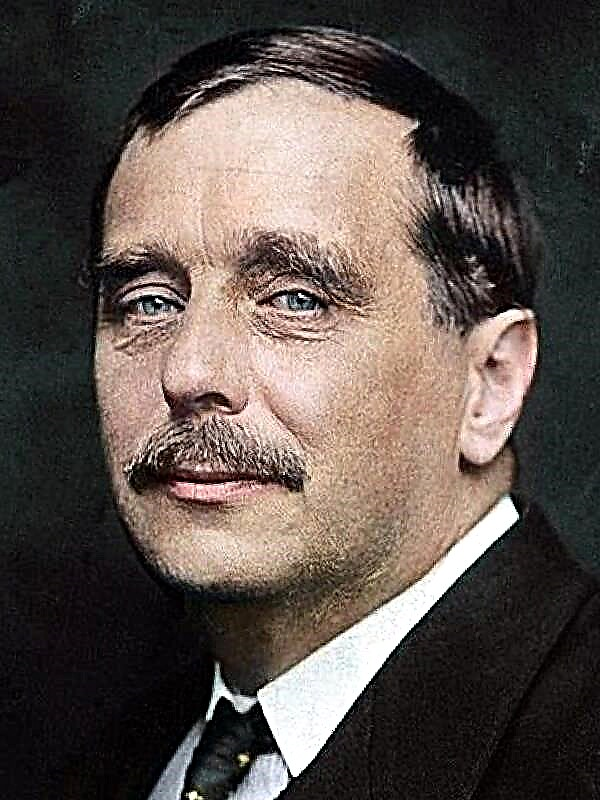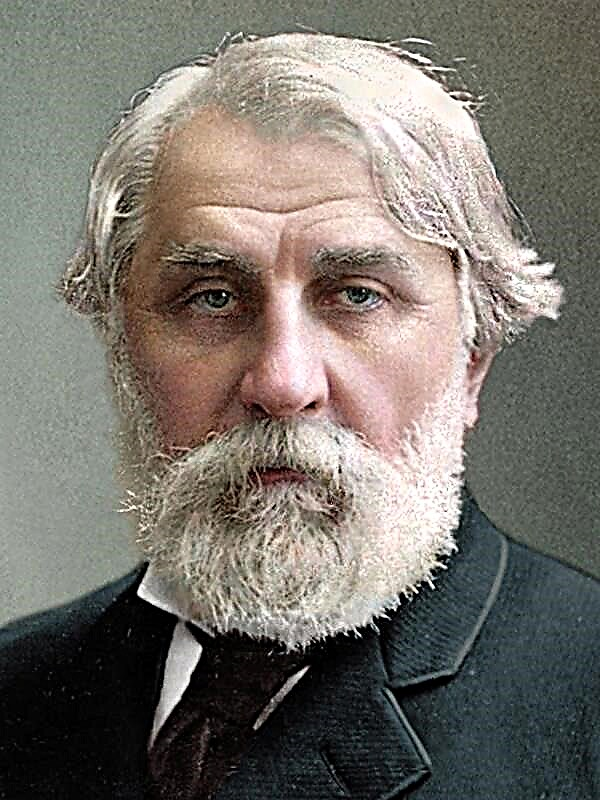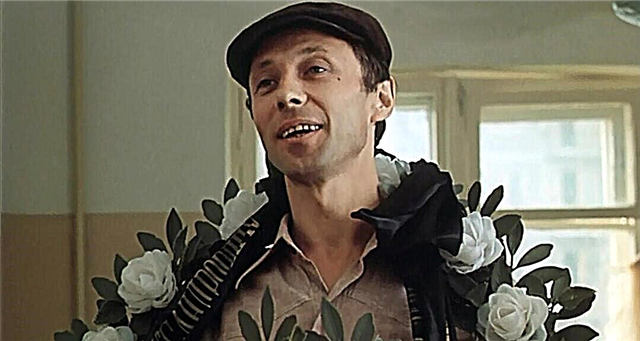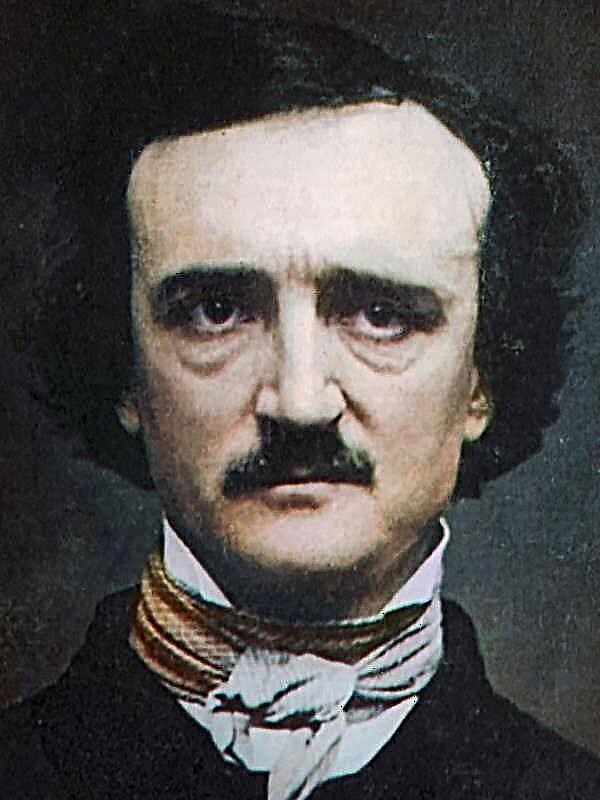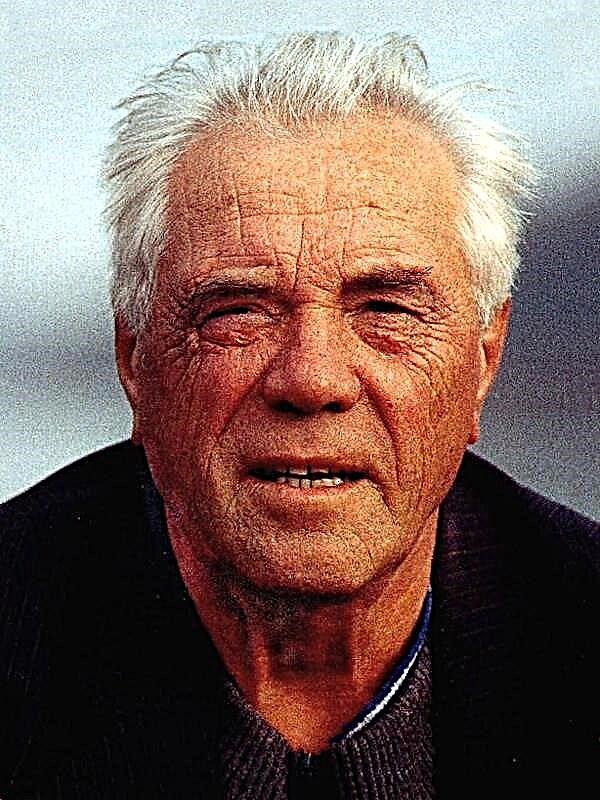“Leningrad” is a Russian rock band whose main phenomena are specificity, absurdity of texts and no less shocking deep subtext of their works. The writing of songs is followed by the release of clips, usually representing an allegorical mini-story that is fully consistent with the content. The author makes fun of human vices, “turns out” the essence of modern culture, and also demonstrates the Russian open, great and therefore very generous soul. The soloist of the group, S. Shnurov, is not shy in expressions and absolutely naturally, without pretense, unleashes the stream of his truly Russian consciousness on the public.
One of such phenomenal works in its specificity and absurdity is the song “Nikola”, released in 2014. The track caused a flurry of vehement condemnation, discussion, admiration and other emotions that perfectly describe the audience’s misunderstanding of the true meaning and origins of creation. The people who first saw the clip and heard the song did not understand anything. Honestly, I myself was shocked by what I saw, but I found these songs / videos too difficult to understand the first time. Next, I watched the clip / listened to the song twice more. From the third listening / viewing, as well as after reading several articles, I nevertheless deduced some patterns, which I will tell you about in the following text.
Historical reference
The original Russian people are Christians by nature. Of course, given the numerous pantheon of saints asking God for salvation, it is extremely difficult to choose a single patron who would most fully spiritualize the Christian faith. However, in the distant days of the 19-20 centuries, people did not hesitate to choose, and St. Nicholas the Wonderworker became the prototype of Santa Claus (the main character of the video). The story is extremely confusing and therefore no less exciting, but let's face it with difficult connotations in the song / video.
Nikolai the Miracle Worker was a “charitable” saint giving gifts on December 6 to children from poor, low-income families. However, later on during the Reformation, which forbade the veneration of the pantheon of saints, the gift was entrusted to the infant Christ and was postponed to December 24. During the period of the Counter-Reformation, the celebration and donation were again given into the hands of St. Nicholas, but on December 24th it remained "a day of waiting for surprises." Initially, this image was inspired by the colonists who created the settlement of New Amsterdam, which is now called New York. That's how the face of Santa Claus spread to the Americas. However, the true discoverer and promoter of the name of Santa is Clement Clark Moore - a teacher of Oriental and Greek literature at Columbia University. It was he who in 1823 released the poem "The Night Before Christmas or the Visit of St. Nicholas." In 1863, the artist Thomas Nast detailed the image of Santa from the poem mentioned above. However, the color of the clothes initially had a brown tint.
The most key date that opens the key to the meaning of the song and the clip "Nikola" is 1931. It was then that the Coca-Cola company transformed the look of Santa to launch an advertising company to increase soda sales in the winter. Haddon Sandblom - American artist, who introduced the new role of St. Nicholas: a red fur coat, glasses, "American" fullness.
Allegories and meaning
The first perplexity of the viewer is: “Why does Santa Claus accept gifts in the video and not give it?” According to my assumption, the image of Santa here appears as the "cover" of Coca-Cola, for which people pay money in order to enjoy the taste of the famous soda. Gifts in this case are an allegory of money.
Another version is as follows: The relics of St. Nicholas the Wonderworker are stored in the Bari church (Orthodox church), in the town of Italy, and, of course, every believer considers it a duty to venerate the relics of Nicholas. Hence the answer: the song was written during the most severe sanctions in Russia and the financial crisis, therefore, in order to get used to the holy relics, the Russian undertakes to “throw out” a mountain of money when crossing the border, when buying tickets and, in general, on a trip to Italy. And here: money is an allegory of gifts.
Say, but what about the text? Everything is crumpled. But the decryption is already in the first lines:
Every little one knows this, do not expect good from them,
Nietzsche, Newton, Andy Warhol, foie gras from behind the hill,
Pedicure and all that, steaks, rhinestones, confetti,
They won’t leave us alone, their mother’s children’s legs ...
Everything is crystal clear here: Leningrad condemns Russian culture, society and other areas for American borrowing. Thus, Shnurov rejects the hated "steaks, rhinestones, confetti ...", does not recognize this and, with a storm of emotions, rejects the involvement of such a thing in the native Russian culture.
And in this verse:
All these delicacies are not for the Russian mind,
P? Nos, poetesses - there’s nowhere to put stigmas on them,
Contemporary art and busty silicone,
So that they would; poison * m was empty of our holy icons.
The soloist explains that “THIS IS NOT ALL OUR!”, Oppresses the word for their arrogance: look, even St. Nicholas the Wonderworker managed to defile!
Moreover, Shnurov emphasizes the obvious characteristics of a spiritless consumer society that has no moral values: after all, the image of the Holy One rests on the ill-fated soda, not related to religious rituals and the humanistic message of the holiday, when poor children finally receive gifts - a bit of justice to them.
Poets and “other people” in Russia, imbued with the cultural and historical background of the West, emptied and lost their sense of truth of their roots and origins: their worldview, succumbing to the vulgar influence of America, is worthless.
Shnurov wants the icons to punish such individuals, as well as the people who created the “consumer society”. He longs for some reprisal, because realizes that American-Western culture is the death for morality and consciousness of a truly Russian person who has other, more elevated and intangible values.
The meaning of the clip
But what about the plot of the clip? With gifts - we understood the reckoning ... However, there is another no less interesting storyline: a young man running away from "Santa's agents", who subsequently set off after him. As a result: a man hangs himself ...
In my opinion, a young man is the embodiment of that small fraction of individuals who did not succumb or who did not want to succumb to the bad influence of a "Westernized" society. He runs away from all legs, he rushes against the established tenets of consumer society. In turn, a typical people who find out who is essentially a “white crow”, trying to preserve the great cultural Russian heritage, pecks, spits on this person. They pounce on him like savages, talking about the "foolishness" and outdated conservatism of his views and worldview. Thus, having reached an already exhausted personality in the struggle, they destroy its moral principles and internal Russian spirit. Like a Russian, he, like all of them, is already dead.
The meaning of the song, like the clip, is far from immediately understood and not by everyone. Of course, it’s easiest to blame a group for obscene expressions and point out flaws, rather than understand the connotations provided in the text or video. All this is creativity, referring to the past and exposing the vices of modern society. Although in a crude, non-normative form, however, it is quite explicit and shameful!


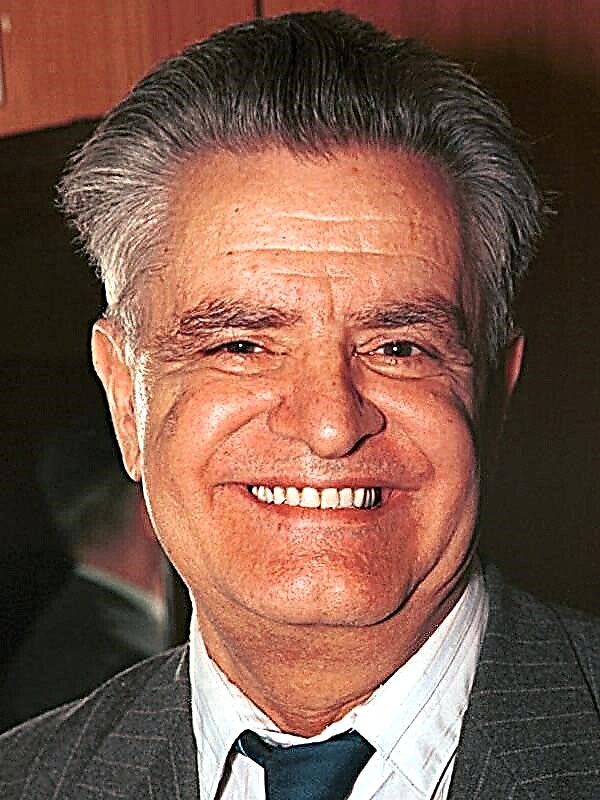

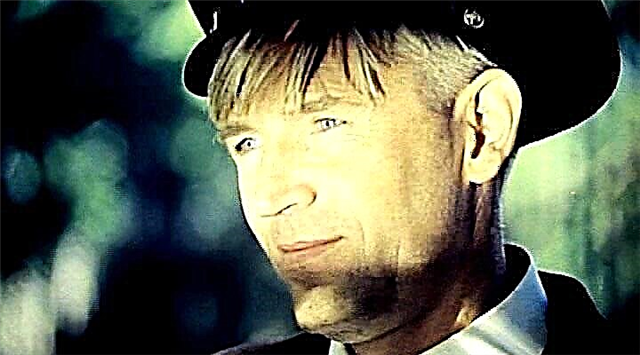
 Myself MBA
Myself MBA